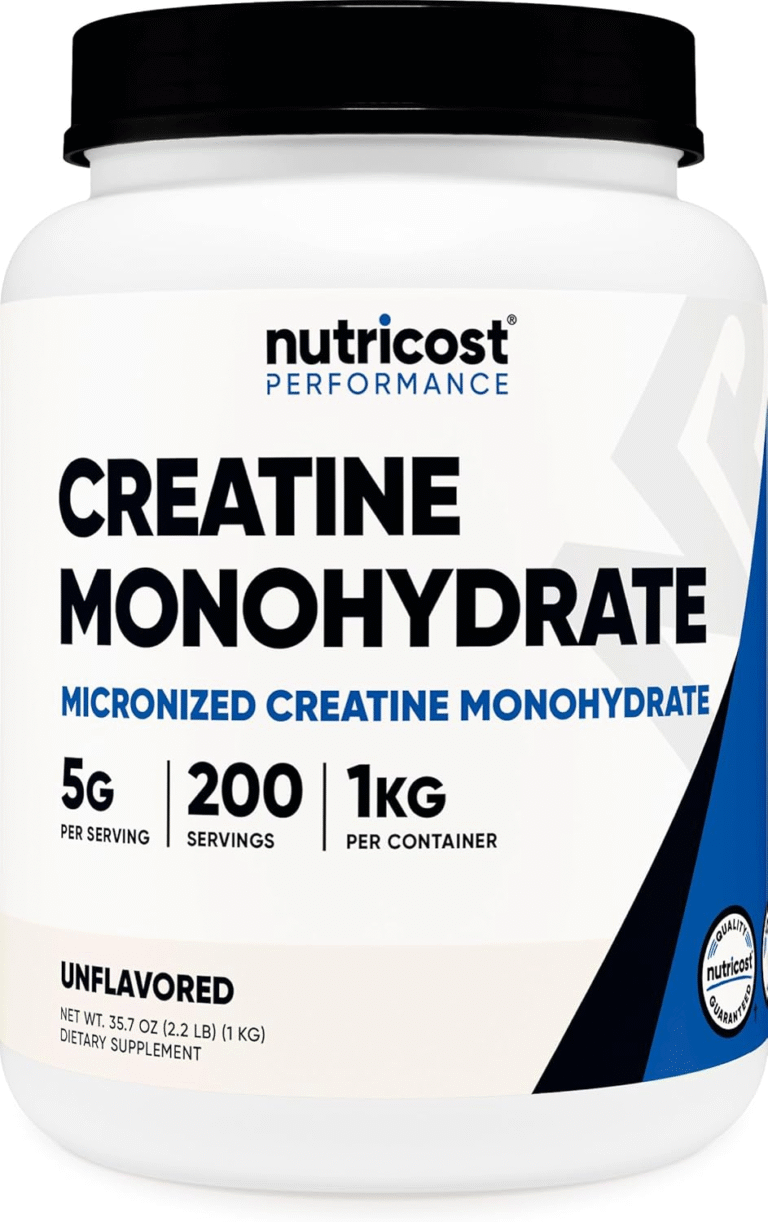Ads are everywhere—pop-ups, banners, auto-play videos, and even sneaky trackers in the background. If you’re tired of a cluttered browsing experience or worried about privacy, a good ad blocker is a must in 2025. But with so many options available, which one truly stands out?
We’ve researched the top contenders and compared features, performance, and privacy protections to bring you the best ad blockers of 2025.
🏆 1. uBlock Origin – Best Overall Ad Blocker
Platform: Chrome, Firefox, Edge, Opera
Price: Free and open-source
Why it’s great:
uBlock Origin remains the undisputed champion of ad blockers in 2025. It’s lightweight, incredibly efficient, and blocks everything from annoying ads to trackers and even malware domains. Unlike many competitors, it doesn’t monetize user data or allow “acceptable ads” by default.
Pros:
- Fast, minimal resource usage
- Highly customizable filter lists
- Fully open-source and transparent
- No ads allowed by default
Cons:
- Interface can be technical for beginners
✅ Perfect for: Power users, privacy advocates, and anyone who wants total control.
🥈 2. AdGuard – Best for All Devices (Including iOS & Android)
Platform: Windows, macOS, Android, iOS, browser extensions
Price: Free (browser extension), $2.49/month (full app)
Why it’s great:
AdGuard offers both a free browser extension and a premium standalone app that works across your whole device. The mobile version especially shines—it blocks ads even in apps and games.
Pros:
- Cross-platform coverage
- Parental controls and privacy tools
- Excellent customer support
- DNS-level blocking (premium)
Cons:
- Premium version requires a subscription
- Slight learning curve for full app settings
✅ Perfect for: Families, mobile users, and anyone wanting system-wide protection.
🥉 3. Privacy Badger – Best for Privacy Protection
Platform: Chrome, Firefox, Edge
Price: Free (developed by EFF)
Why it’s great:
Developed by the Electronic Frontier Foundation (EFF), Privacy Badger doesn’t just block ads—it learns which domains are tracking you and blocks them automatically. It’s not a traditional ad blocker but works alongside others to boost privacy.
Pros:
- Learns and adapts over time
- Developed by a trusted nonprofit
- Easy to use with minimal setup
Cons:
- Doesn’t block all ads by default
- Works best with another ad blocker
✅ Perfect for: Privacy-first users who care about data ethics.
🧰 4. Ghostery – Best for Beginners
Platform: Chrome, Firefox, Edge, Safari, Opera
Price: Free, with premium options
Why it’s great:
Ghostery combines ad-blocking with real-time tracker analysis. The sleek interface and automatic blocking make it a great choice for users who want a simple yet powerful tool.
Pros:
- User-friendly interface
- Detailed tracking reports
- Optional VPN (premium)
Cons:
- Some features gated behind a paywall
- Not as lightweight as uBlock Origin
✅ Perfect for: Casual users who want a good balance between usability and protection.
🌐 5. Brave Browser – Best Built-in Ad Blocker
Platform: Windows, macOS, Android, iOS, Linux
Price: Free
Why it’s great:
Brave is a Chromium-based browser with a built-in ad blocker, tracker blocker, and privacy-first architecture. You don’t even need an extension—it’s built-in and enabled by default.
Pros:
- No need for extensions
- Faster browsing experience
- Built-in Tor mode and crypto wallet
Cons:
- Entire browser switch required
- Controversial ad-replacement model
✅ Perfect for: Users ready to ditch Chrome and embrace a privacy-first browser.
📝 Final Thoughts
Ad blockers are no longer just about hiding ads—they’re essential tools for speed, security, and privacy. Whether you’re a tech-savvy power user or just someone who wants YouTube without interruptions, there’s a great option for you in 2025.
🔐 Our Top Recommendation: uBlock Origin
It’s free, powerful, and respects your privacy. But if you need mobile coverage, AdGuard is a strong alternative.
What do you use to block ads in 2025? Drop your favorites in the comments below. 👇



